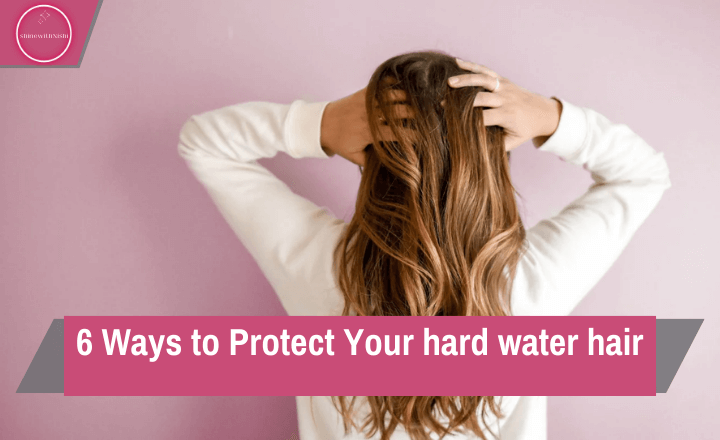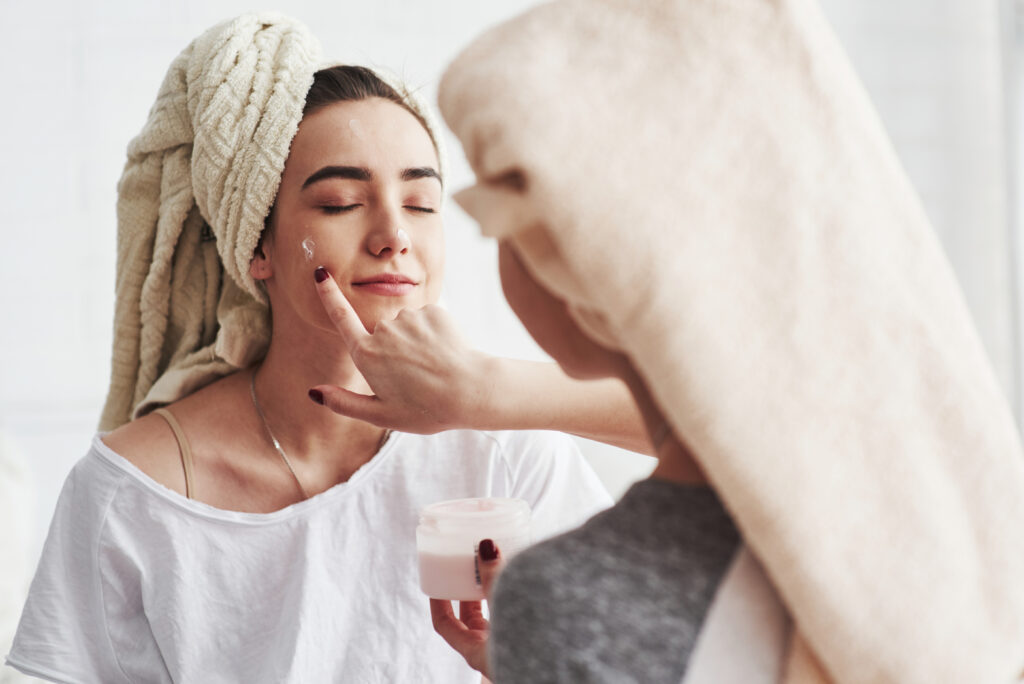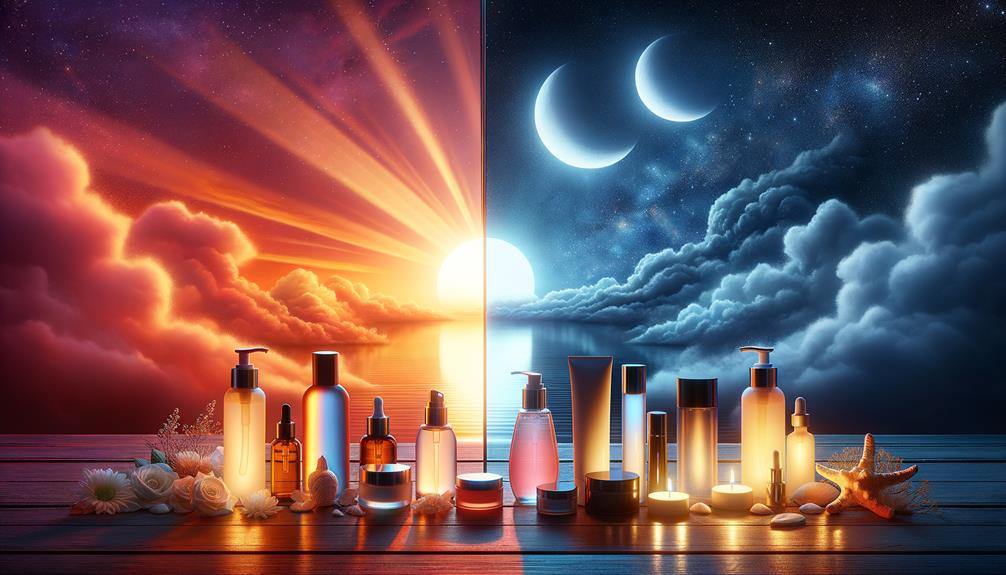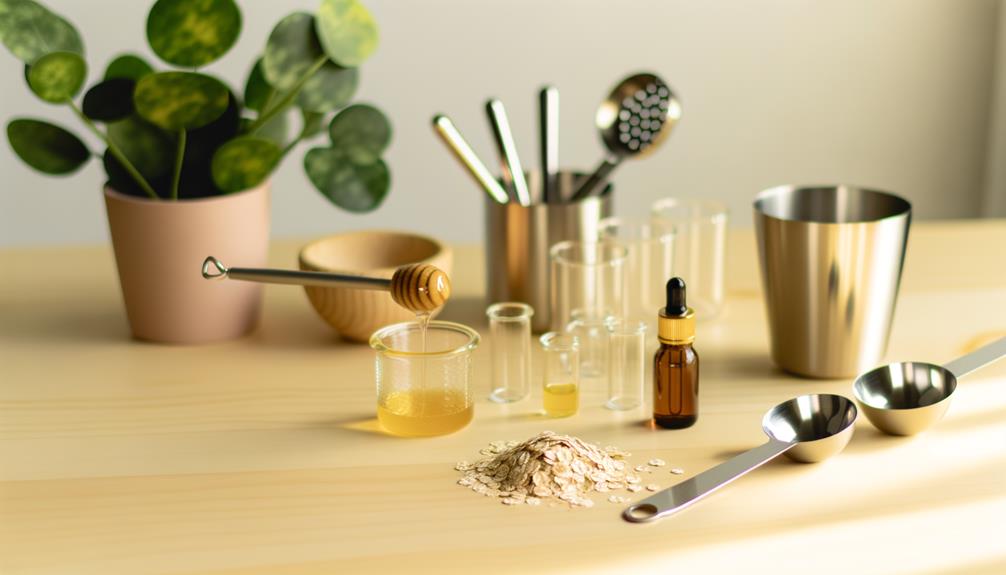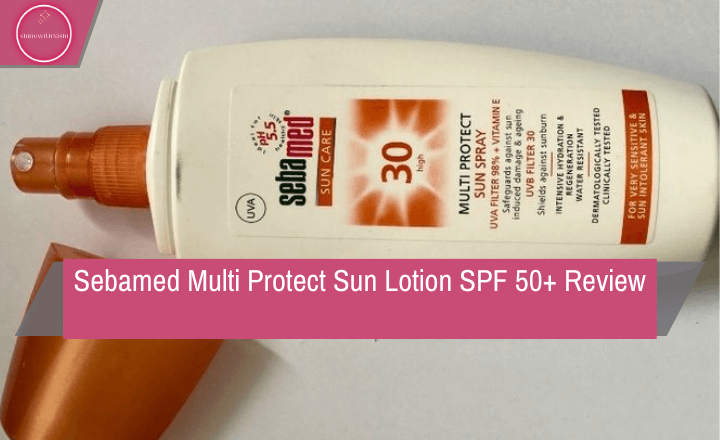This article will explore six practical ways to protect your precious locks from the damaging effects of complex water exposure. From simple at-home remedies to professional treatments, we’ve got you covered with expert advice and practical tips that will leave your hair looking and feeling healthier than ever.
If you live in an area with hard water hair, you may have noticed that your hair feels rough, looks dull, and is challenging to manage. Don’t worry – there are solutions! By understanding the unique challenges of hard water on our hair, we can arm ourselves with the knowledge needed to combat its adverse effects. So, let’s dive into these six essential strategies for safeguarding your strands against hard water damage and reclaiming luscious locks that shine with vitality.
Table of Contents
ToggleWhat Is hard water hair?
Hard water hair contains a high concentration of minerals, particularly calcium and magnesium. These minerals can cause various issues when hard water is used for washing and cleaning. When it comes to hair, exposure to hard water can lead to dryness, dullness, and difficulty lathering shampoo. The minerals in hard water can also build up on the hair shaft, making it feel rough and brittle.
To fight hard water’s damage to hair:
- Use a clarifying shampoo or chelating treatment to remove mineral buildup.
- Try a vinegar rinse or get a shower head filter to lessen the impact of hard water on hair.
- Be aware of how hard water can affect your hair and take steps to protect it for healthier, easier-to-manage hair.
How Does Hard Water Affect Hair?
Hard water can harm your hair. It has a lot of minerals, like calcium and magnesium, that can build up on your scalp and hair. This buildup can make your hair feel dry and hard to manage. Hard water can also remove natural oils from your hair, making it frizzy and dull. It can also stop shampoos and conditioners from lathering well, leaving residue on your hair.
This can lead to problems like breakage and damage to your hair. To help your hair, you can use a clarifying shampoo or put in a water-softening system at home. You can also regularly use a deep conditioning treatment to regain moisture from hard water.
How Do I Protect My Hair From Hard Water?
Protecting your hair from hard water can be achieved through simple steps.
Try a Shower Head Filter
You can install a shower head filter to protect your hair from hard water. These filters remove impurities and minerals like calcium and magnesium that make water hard. A filter can make your hair softer and easier to manage. You can also use a clarifying shampoo to clean mineral buildup from hard water and keep your hair looking fresh. Using a leave-in conditioner or hair mask can also help replace lost moisture and make your hair healthier and more vibrant.
Wash With Lukewarm Water
Washing with lukewarm water is beneficial for maintaining healthy skin and hair. Hot water can strip the natural oils from your skin, leading to dryness and irritation. On the other hand, cold water may not effectively remove dirt and oils from your skin and scalp. Lukewarm water helps to cleanse without causing excessive dryness or leaving behind residue.
Using lukewarm water can help open up pores, making it easier to remove impurities and allowing skincare products to penetrate more effectively. When washing your face or hair, consider using lukewarm water to maintain a healthy balance of moisture and cleanliness.
Switch to a Clarifying Hair Care System
Switching to a clarifying hair care system can be beneficial for removing product buildup, excess oil, and impurities from your hair and scalp. These systems typically contain ingredients like sulfates or citric acid that help clean the hair profoundly and remove residue from styling products. By using a clarifying shampoo and conditioner, you can achieve a fresh start for your hair, leaving it feeling cleaner and more manageable.
It’s important to note that while clarifying hair care systems can effectively remove buildup, they can also strip the hair of natural oils if used too frequently. It’s recommended to use a clarifying system once or every other week, depending on your individual needs and the amount of product you use.
Add a Weekly Hair Treatment

Using a weekly hair treatment can make your hair healthier and look better. Look for treatments with nourishing ingredients like argan oil, coconut oil, or keratin to hydrate and strengthen your hair. Applying the treatment once a week can repair damage, reduce frizz, and add shine. Choose a treatment based on your specific hair needs. For dry or damaged hair, use a deep conditioning treatment. For fine or limp hair, use a lightweight treatment. Adding this step to your routine can improve your hair’s health and manageability.
Reach for Heat Protectant
To protect your hair from damage caused by hard water, use a heat protectant in your hair care routine. Hard water has a lot of minerals that can leave a residue on your hair, making it more likely to get damaged by heat-styling tools. Using a heat protectant spray or serum before using hot tools can create a barrier between your hair and the heat, reducing the risk of damage.
You can also install a water softener at home to reduce the mineral content in your tap water. Using clarifying shampoos or apple cider vinegar rinses can help remove mineral buildup from your hair. Combining these strategies with a heat protectant can keep your hair healthy and protected from hard water exposure.
Air Dry Your Hair

Air drying your hair is a good way to prevent damage from heat and keep your hair’s natural texture. But if your water is hard, it can leave mineral deposits on your hair, making it feel dry and brittle. To fix this, use a special shampoo once a week to remove the mineral buildup.
Also, use a leave-in conditioner or hair oil to lessen the effects of hard water. Get a good water filter for your showerhead to reduce the impact of hard water on your hair. This will soften the water and stop mineral deposits from building up on your hair. These steps will help you air dry your hair while reducing the bad effects of hard water.
Henna Hair Mask For Dandruff And GREY Hair
How Does Soft Water Affect Your Hair?
Soft water is better for your hair than hard water. Hard water has a lot of minerals like calcium and magnesium, which can make your hair feel dry and dull. On the other hand, soft water doesn’t have these minerals, so it can keep your hair feeling softer and easier to manage. It also helps shampoo lather better and rinse out more easily, making your hair look healthier with more shine and less frizz. Switching to soft water can improve the health and appearance of your hair.
Read More ; How to Remove Color From Hair When You Want a Break From Hair Dye
Conclusion
hard water and its effects on hair can be a frustrating experience for many individuals. The mineral buildup from hard water can leave hair feeling dry, brittle, and unmanageable. By understanding the impact of hard water and implementing the appropriate solutions, such as using clarifying shampoos or installing a water softening system, it is possible to maintain healthy and vibrant hair.
Regular deep conditioning treatments can help counteract the damaging effects of hard water. By taking proactive measures to address hard water issues, individuals can enjoy healthier and more lustrous hair. It’s essential to stay informed about the impact of hard water on hair and take the necessary steps to mitigate its effects for optimal hair health.

